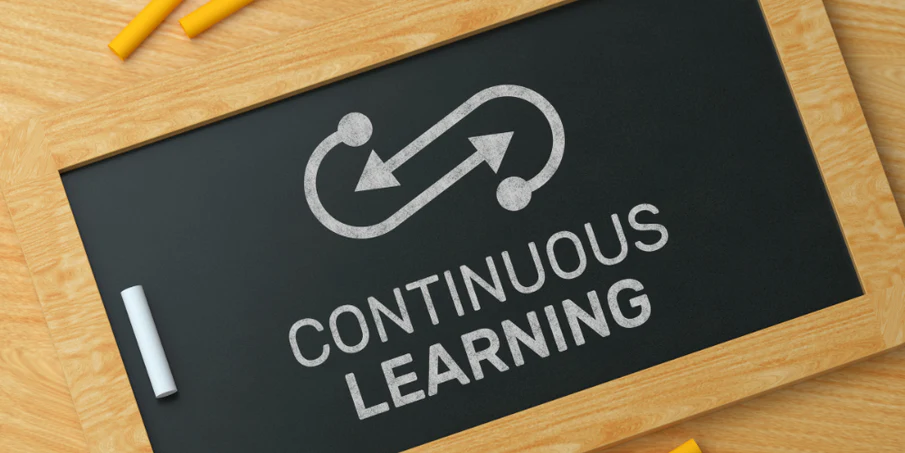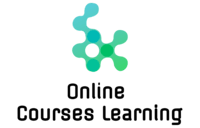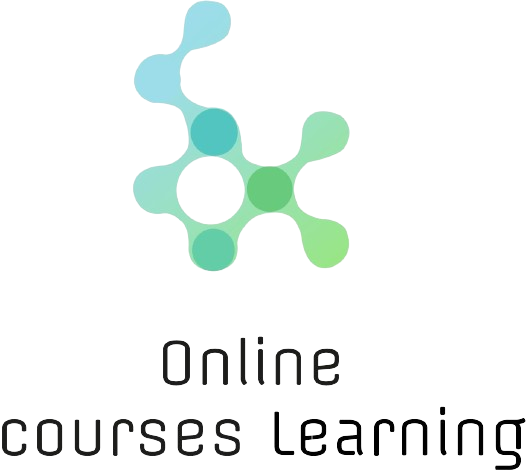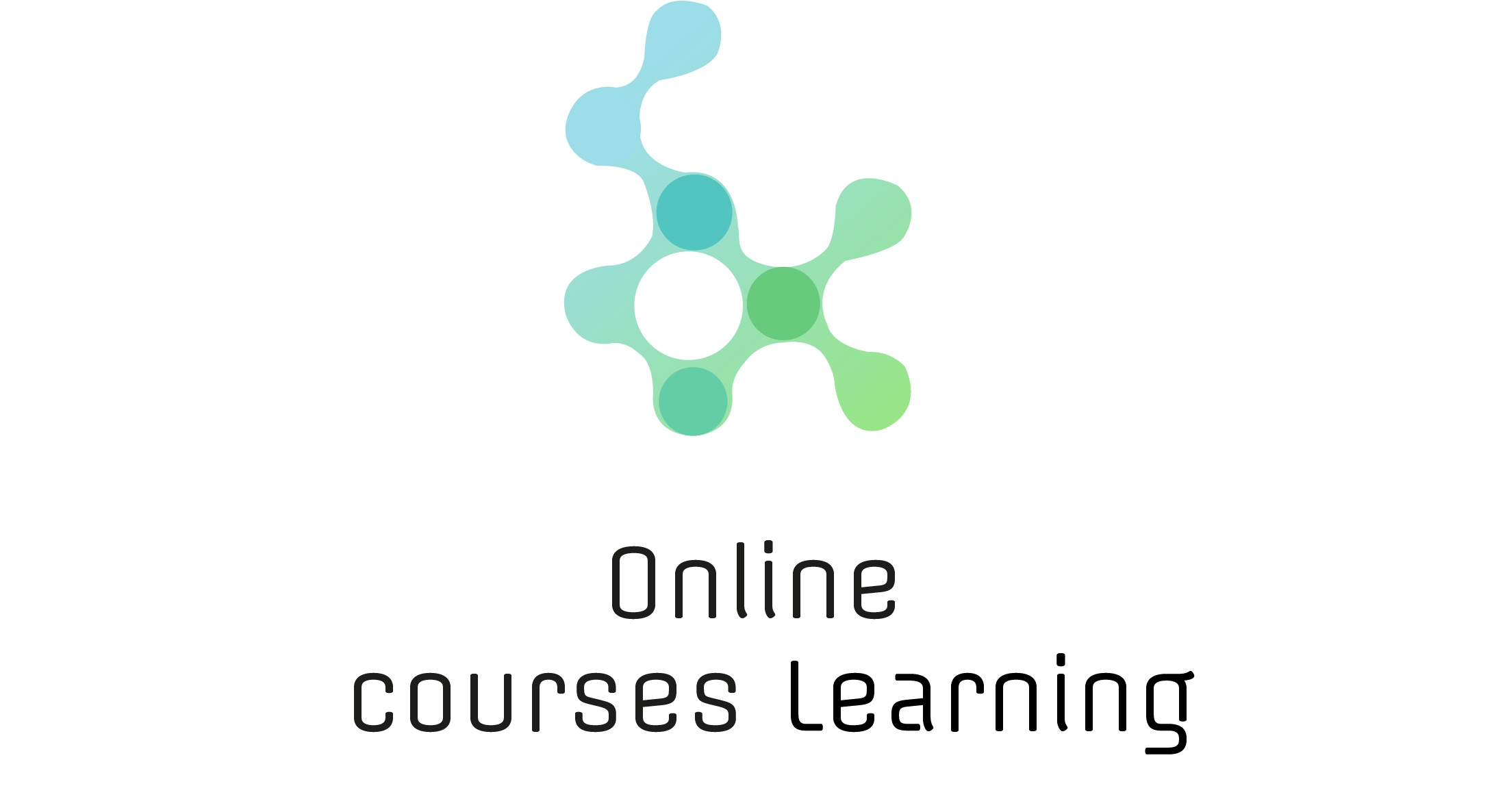Uncategorized
What is continuous Learning and why is it essential?

Continuous learning refers to the ongoing process of acquiring new knowledge, skills, and competencies throughout one’s life and career. It involves actively seeking out learning opportunities, whether through formal education, self-study, on-the-job experiences, or other means, to stay relevant, adaptable, and competitive in an ever-evolving world.Continuous learning is essential for several reasons:
- Adaptability: In today’s rapidly changing world, industries evolve, technologies advance, and job roles transform. Continuous learning equips individuals with the agility to adapt to these changes and remain relevant in their fields.
- Professional Development: Regularly updating skills and knowledge enhances professional expertise and effectiveness. It opens doors to new opportunities for career advancement and higher job satisfaction.
- Innovation: Learning fosters creativity and innovation. Exposure to new ideas, perspectives, and methodologies encourages problem-solving and fosters a culture of innovation within organizations.
- Competitive Advantage: Individuals and organizations that prioritize continuous learning gain a competitive edge. They are better equipped to respond to market demands, outperform competitors, and lead industry trends.
- Personal Growth: Learning is inherently fulfilling and enriching. It expands horizons, broadens perspectives, and boosts confidence. It also promotes personal growth and a sense of fulfillment.
- Future Preparedness: Continuous learning prepares individuals for future challenges and opportunities. It cultivates resilience, adaptability, and a growth mindset, enabling individuals to thrive in uncertain environments.
Overall, continuous learning is not just beneficial; it’s a necessity in today’s knowledge-driven economy. Embracing a mindset of lifelong learning is key to navigating the complexities of the modern world and unlocking one’s full potential.


